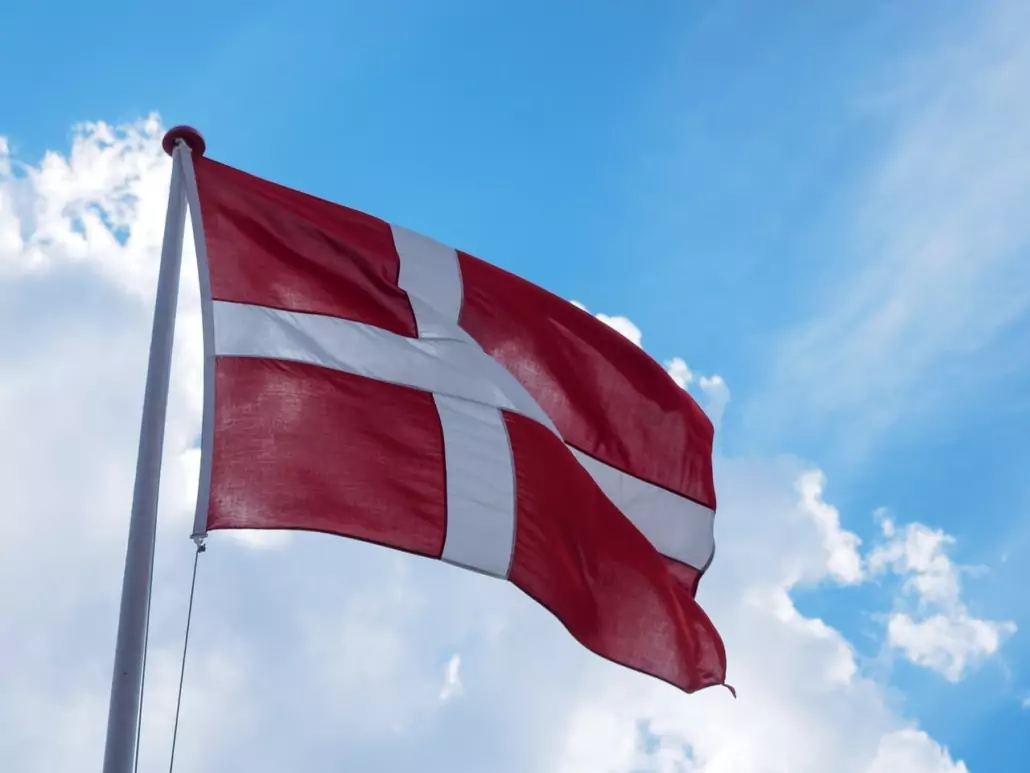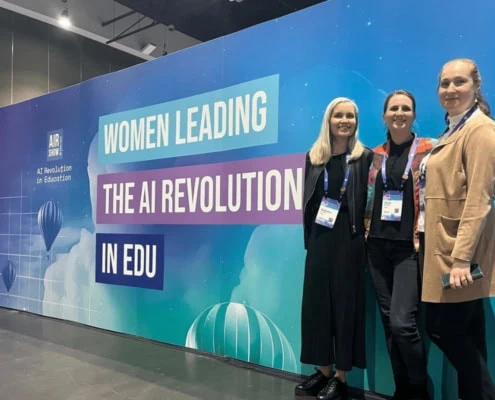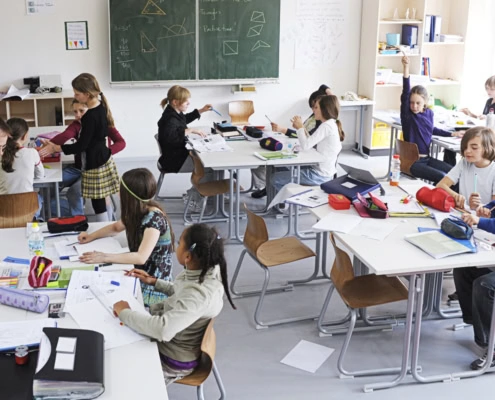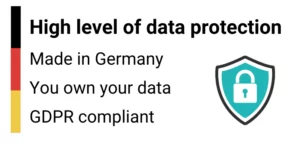Dear Kati, a few months ago you had the opportunity to take part in an educational trip to Denmark. How come?
Kati Ahl: The German Education Digitalization Forum has already organized an educational trip with the KMK (The Standing Conference of the Ministers of Education and Cultural Affairs in Germany) in 2021 with Jacob Chammon and reported on how revolutionizing learning goes hand in hand with advanced digitalization in Danish schools. That sparked my interest! Since then, I have been researching the Danish school system and waiting for the right opportunity to travel to Denmark to see for myself. That opportunity came last year.
School principal Gert Mengel from Rostock put me in touch with the Danish Lasse Christiansen, who is the head of Leba Innovation and responsible for organizing educational trips to innovative Danish schools. It was a stroke of luck! In order to document the trip in short video clips, I trained with the fobizz PD in mobile reporting.
With regard to the frequently discussed innovations and progress in the schools of Scandinavian countries: What prompted you to take a closer look at Denmark in particular?
Kati Ahl: Denmark does very well in international rankings. Not just in PISA (Programme for International Student Assessment) scores , but in skills for the future. Harvard professor Charles Fadel, an expert on 21st century skills and AI and founder of the Center for Curriculum Redesign, says PISA is no longer relevant and sees Denmark as a leader in preparing students for the future. My research confirms this! The Danish education system has made the future orientation of schools its primary goal. Of course, this changes our view of teaching and school. Compared to Germany: There are also innovative schools with a strong focus on the future. But there is no nationwide focus on future-oriented education!
I have already seen the video on your website about the impulses of your educational journey where you visited different schools and places of learning. What aspects surprised and impressed you the most?
Kati Ahl:
In addition to future orientation, well-being is a nationwide goal of educational work. Annual surveys are conducted to determine how “Trivsel” is doing, i.e. the well-being of the students. There are action plans and rankings, which I found very surprising! While schools in other countries may compare grade point averages or, unfortunately, constantly criticize the dropout rate, Danish schools look closely at how students are doing and what needs to be done if they are not doing well. That’s what I’d like to see in German schools.
There are makerspaces and innovative schools there as well as here. But what was particularly new to me was the relevance of the maker mindset. Much of what is missing is simply being developed and produced in-house with 3D printers or laser cutters – such as the cell phone parking space that was produced in the makerspace and is used daily in the Laeringhuset classroom. I was impressed by this problem-solving attitude.















